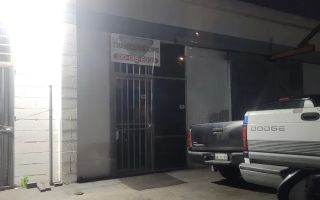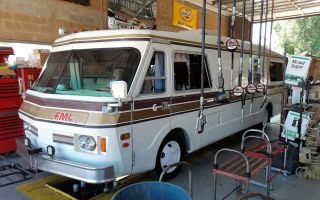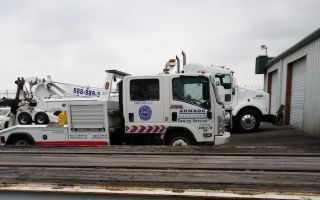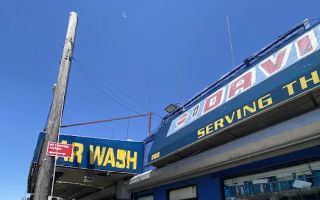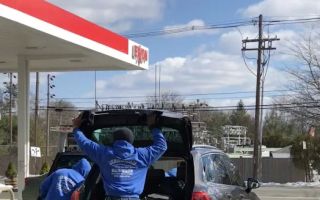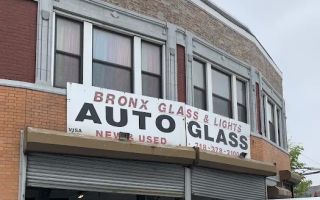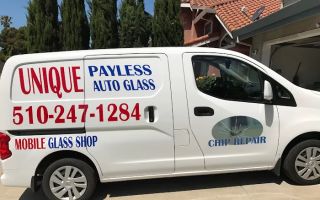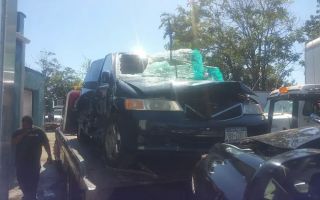How My Roadside Nightmare Taught Me to Pick the Right Insurance
Last summer, somewhere between Reno and Sacramento, my car died on the side of a hot, deserted highway. It was one of those moments you never forget: engine smoke, no cell service, and two kids in the backseat asking when we’d get there. It took hours before help arrived—and when the tow truck finally pulled us into town, I was hit with a $260 bill. That didn’t even include the cost of the repair.
That experience shook me. Not just because of the inconvenience, but because I thought my insurance covered this stuff. Spoiler alert: it didn’t. Since then, I’ve taken a deep dive into roadside insurance policies and learned how to choose one that truly protects you. If you’ve ever been stranded or want to avoid that kind of stress (and cost), this is what you need to know.
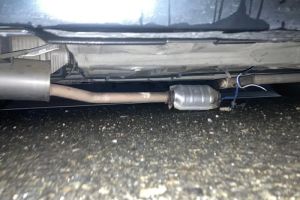
California Roadside Service
1426 S Allec St, Anaheim, CA 92805, USA
1. Why Basic Car Insurance Isn’t Enough
I used to think that just having liability and collision coverage was plenty. Turns out, most basic policies don’t automatically include roadside assistance. And if they do, the coverage is minimal—usually capped at around $50 or limited to specific towing distances. That might get you off the freeway, but it won’t cover more expensive tows or on-the-spot repairs like a dead battery or locked keys.
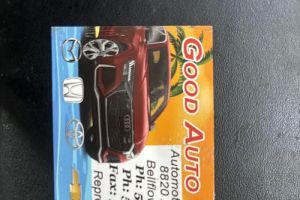
Good Auto Repair
8820 Alondra Blvd, Bellflower, CA 90706, USA
What I Found Out the Hard Way
My provider at the time had a towing reimbursement clause, but it only paid out after submitting paperwork, waiting weeks, and only covered up to 15 miles. My tow was 37 miles. I paid most of that out-of-pocket. Lesson learned: read the fine print.
2. What to Look For in a Solid Roadside Assistance Policy
When I started comparing insurance options, I created a checklist of features that actually matter on the road. Here’s what I now refuse to compromise on:
- Towing Coverage: Minimum of 50 miles or more. Ideally, unlimited towing to the nearest qualified repair shop.
- Battery Jump-Start: Especially in colder states, this is a lifesaver.
- Flat Tire Change: Not just towing, but assistance in replacing your flat with your spare tire.
- Fuel Delivery: A couple gallons of gas when you misjudge a route—happened to me once in Utah.
- Lockout Assistance: Covered locksmith services, even for key fob vehicles.
- Winching and Extraction: If your vehicle slides off the road or gets stuck in mud or snow, you want this.
- 24/7 Dispatch: Not all emergencies happen during business hours. Some policies only offer help from 9-5. That’s a red flag.
3. Comparing Policy Add-Ons vs. Membership Plans
There are two main ways to get roadside coverage: as an add-on to your auto insurance or through a separate membership program like AAA. I tested both approaches after my breakdown incident and here’s what I found:
Insurance Add-Ons
Adding roadside assistance to your existing car insurance is usually cheap—sometimes as little as $10-20 a year. I tried this with my new provider. It worked fine for towing and jump-starts, but there were limitations on how many times I could use it per year (typically 3 to 5), and they didn’t offer perks like travel reimbursement or trip interruption coverage.
Third-Party Programs
Companies like AAA, Better World Club, or even some credit card benefits go beyond. I signed up with a premium roadside membership plan and got longer towing ranges, hotel discounts, identity theft protection, and trip continuation coverage (they covered my hotel when I broke down in Oregon). It costs more—around $60 to $150 annually—but I’ve already saved double that in services.
4. Hidden Fees and Loopholes to Watch Out For
Here’s something most people miss: not all “roadside” services are immediate or available everywhere. Some providers rely on third-party contractors, and during peak seasons or rural travel, you might wait hours. Also, many limit usage, charge per mile beyond the covered distance, or won’t help if you’re not with the car.
What I Ask Before Signing Up Now
- Are there any annual usage limits?
- Is towing based on mileage or to the nearest repair facility?
- What’s the average ETA in rural areas?
- Does it cover RVs, trailers, or rental vehicles?
- Can family members use the service without me present?
5. Building a Plan That Matches My Driving Lifestyle
I’m not someone who drives far every day, but I love weekend road trips and national park adventures. That means I want robust roadside help with wide geographic coverage and real 24/7 service. My neighbor, on the other hand, only drives locally. He sticks with his insurer’s add-on plan. It works for him. The key is knowing your lifestyle and risk level.
After testing both kinds of coverage, I now have a hybrid setup: I keep roadside coverage through my insurance and a separate premium membership for cross-country trips. I also keep a roadside emergency kit in my trunk—because sometimes, being prepared means going beyond the policy.
6. My Final Breakdown Cost with Good Insurance? $0
Just last month, my tire blew out on a rainy road near Asheville, NC. But this time? Help arrived in under 45 minutes. The tire was replaced, and I was back on the road without paying a dime. That’s the difference the right policy can make—not just in money, but in peace of mind.
If you’re not sure where to start or want to compare roadside support services near you, I highly recommend checking out Rescue & Towing. They helped me find local towing companies that actually work with my insurer’s plan, so there were no surprise bills.


